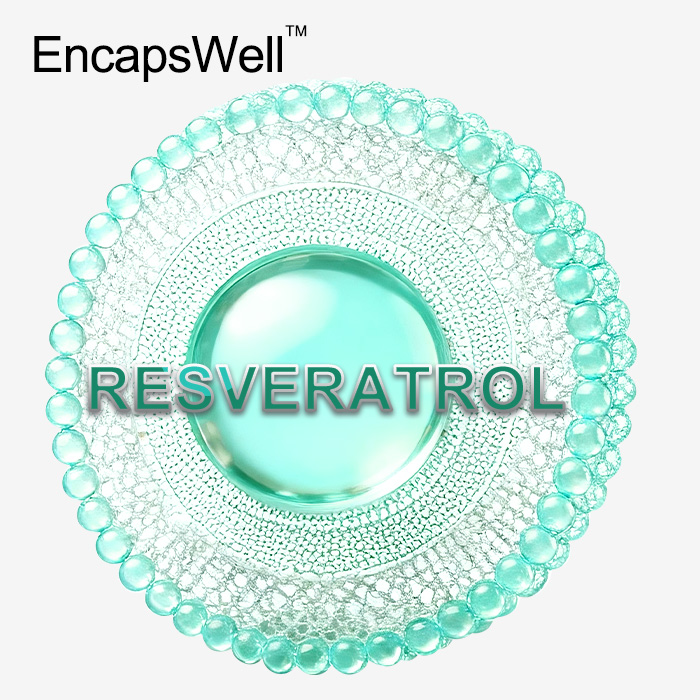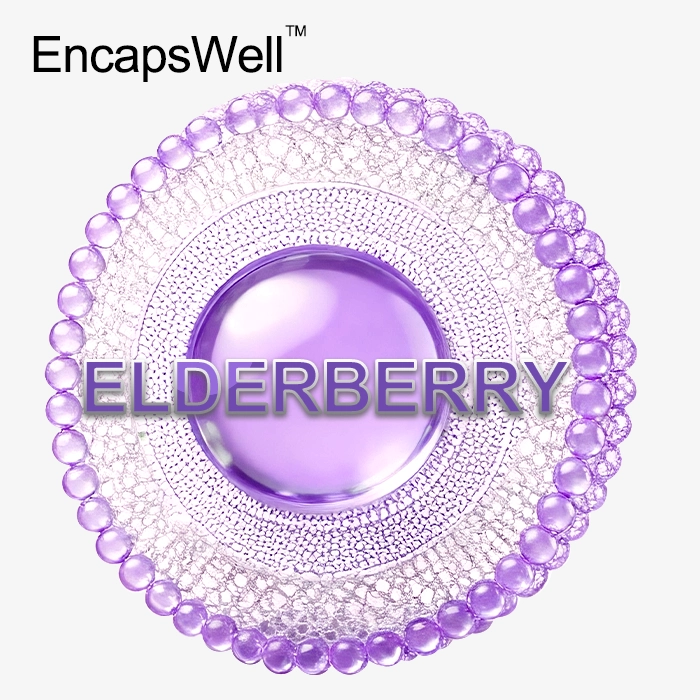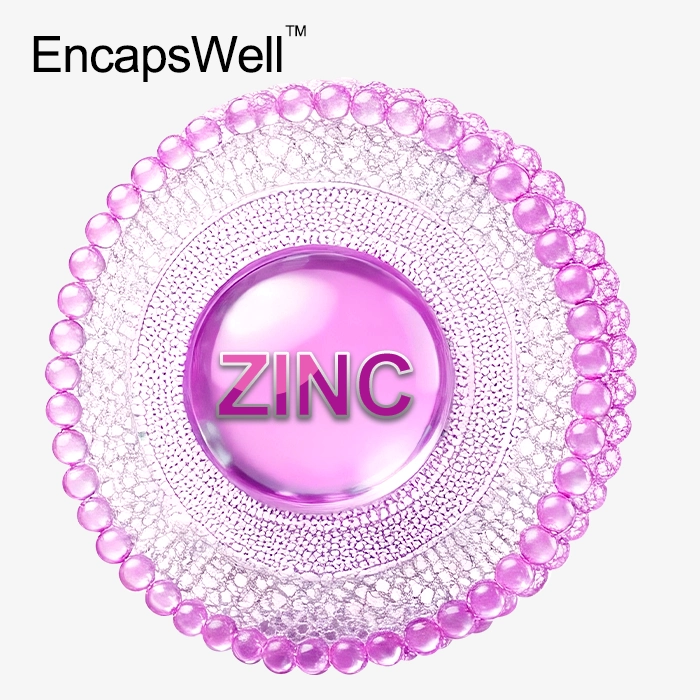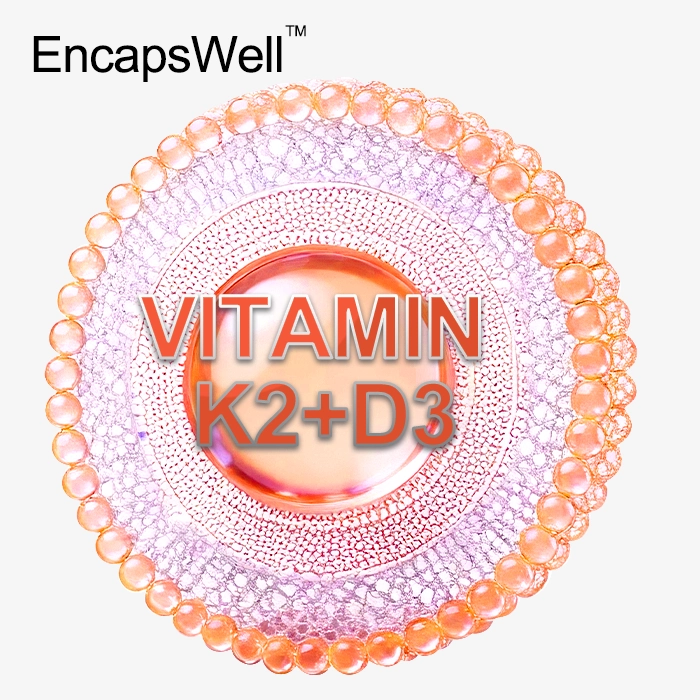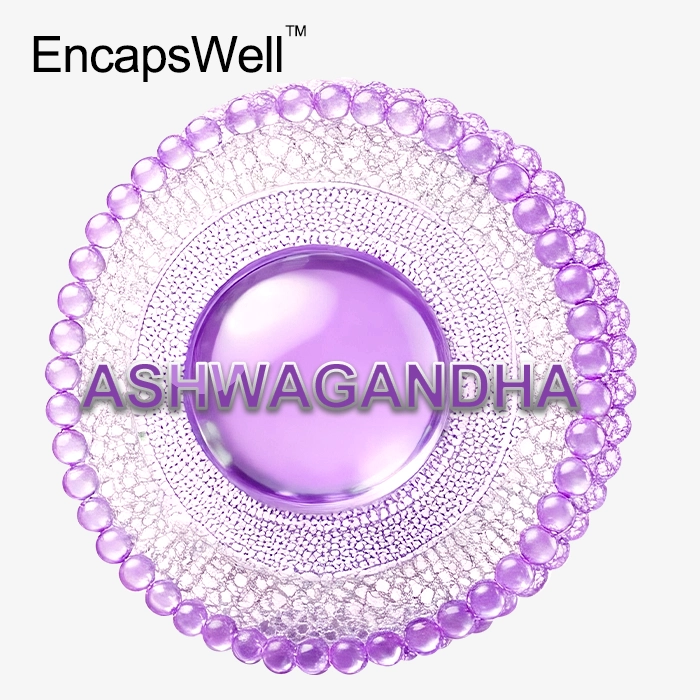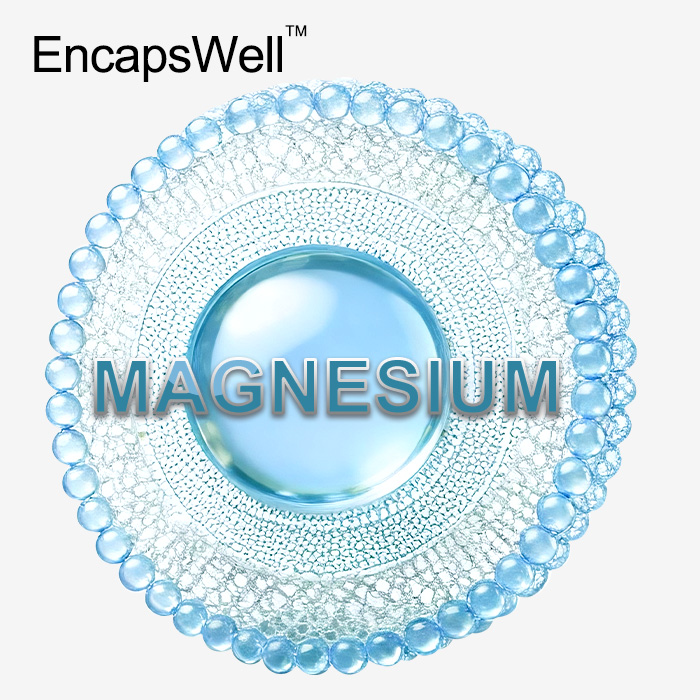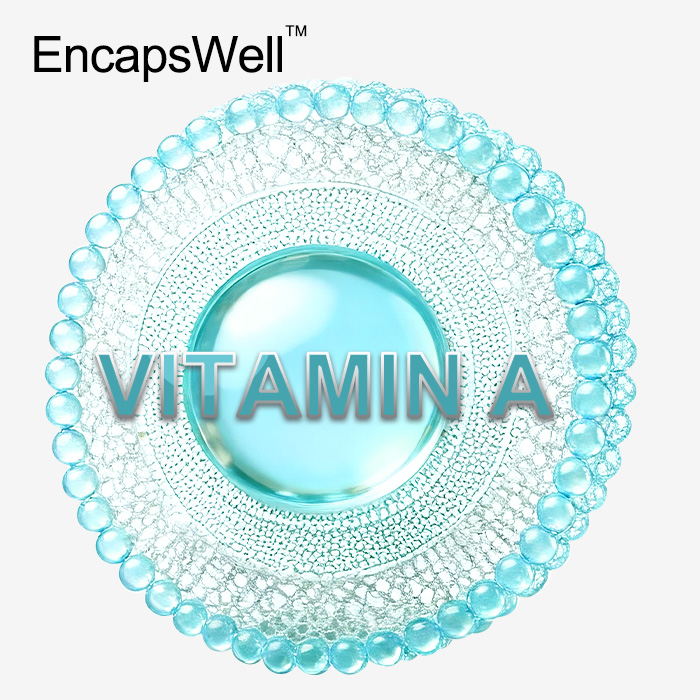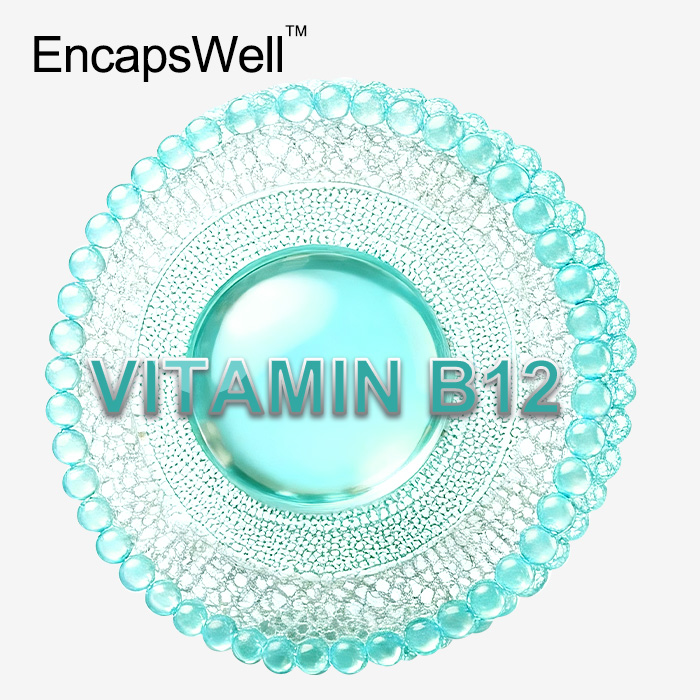Understanding the Role of Liposomes in Nutrient Delivery
The Science Behind Liposomal Technology
Liposomes are microscopic spheres composed of phospholipid bilayers, similar to cell membranes. This structure allows them to encapsulate and protect various substances, including nutrients and pharmaceuticals. The lipid-based composition of liposomes enables them to merge with cell membranes, facilitating the direct delivery of their contents into cells. This mechanism bypasses the typical degradation that occurs in the gastrointestinal tract, enhancing the bioavailability of the encapsulated compound.
Advantages of Liposomal Delivery Systems
The utilization of liposomal technology in nutrient delivery offers several distinct advantages. Primarily, it significantly improves the absorption and bioavailability of nutrients such as liposomal glutathione that are typically poorly absorbed or rapidly degraded in the digestive system. This enhanced efficiency allows for lower dosages while maintaining therapeutic effects. Additionally, liposomal delivery can reduce gastrointestinal side effects associated with certain supplements, as the encapsulated nutrients are protected from direct contact with the stomach lining.
Applications in Supplement Formulations
Liposomal technology has found widespread application in the formulation of various supplements, including vitamins, minerals, and antioxidants. In the case of liposomal glutathione powder, this delivery system addresses the historical challenge of poor oral absorption of glutathione. By encapsulating glutathione within liposomes, manufacturers can create a more stable and bioavailable form of this crucial antioxidant, potentially enhancing its therapeutic benefits across a range of health applications.
The Core Functions of Glutathione in Cellular Protection and Detoxification
Glutathione as a Master Antioxidant
Glutathione plays a pivotal role in the body's antioxidant defense system. As a tripeptide composed of cysteine, glycine, and glutamic acid, it possesses unique chemical properties that allow it to neutralize a wide array of reactive oxygen species and free radicals. This antioxidant activity is crucial for protecting cellular components, including proteins, lipids, and DNA, from oxidative damage. Glutathione's ability to regenerate other antioxidants, such as vitamins C and E, further amplifies its importance in maintaining cellular redox balance.
Detoxification Mechanisms Supported by Glutathione
Beyond its antioxidant properties, liposomal glutathione supplement plays a central role in the body's detoxification processes. It acts as a cofactor for various detoxifying enzymes, particularly in the liver. Liposomal glutathione supplement conjugates with toxins and heavy metals, facilitating their elimination from the body. This detoxification function is essential for protecting cells from the harmful effects of environmental pollutants, drugs, and metabolic byproducts. The ability of liposomal glutathione supplement to support these detoxification pathways underscores its importance in maintaining overall health and wellness.
Glutathione's Impact on Immune Function
Glutathione exerts a significant influence on the immune system, modulating both innate and adaptive immune responses. It enhances the proliferation and function of lymphocytes, particularly T cells, which are crucial for fighting infections and maintaining immune surveillance. Additionally, glutathione helps regulate the inflammatory response, potentially mitigating excessive inflammation that can contribute to various chronic diseases. The immune-supporting properties of glutathione highlight its potential role in enhancing overall resilience against pathogens and environmental stressors.
Scientific Rationale for Liposomal Glutathione Powder Formulation
Overcoming Absorption Challenges
Traditional oral glutathione supplements face significant bioavailability hurdles due to degradation in the digestive tract and poor absorption across the intestinal lining. Liposomal encapsulation addresses these challenges by protecting glutathione from gastric acids and digestive enzymes. The lipid-based liposomal structure facilitates improved absorption through the intestinal epithelium, potentially leading to higher glutathione levels in the bloodstream and tissues. This enhanced bioavailability forms the primary scientific rationale for developing liposomal glutathione powder formulations.
Stability and Shelf Life Considerations
Liposomal technology not only improves the bioavailability of glutathione but also enhances its stability. The encapsulation within liposomes protects glutathione from oxidation and degradation, potentially extending its shelf life. This improved stability is particularly important for glutathione, which is prone to oxidation when exposed to air or heat. The powder form of liposomal GSH offers additional advantages in terms of storage and transportation, as it is less susceptible to degradation compared to liquid formulations.
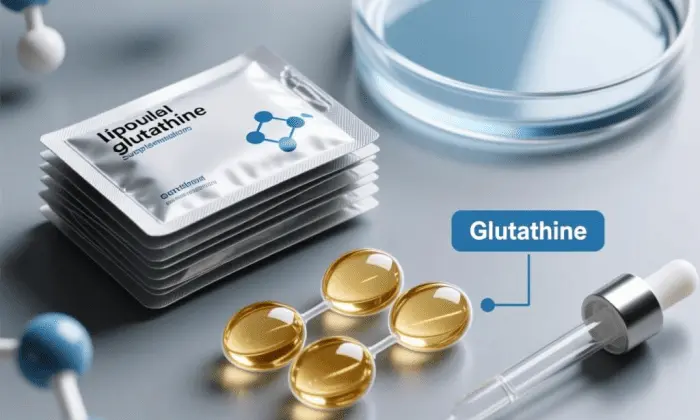
Dosage Efficiency and Therapeutic Potential
The enhanced bioavailability of liposomal glutathione powder may allow for more efficient dosing strategies. Lower doses of liposomal glutathione might achieve comparable or superior therapeutic effects compared to higher doses of non-liposomal forms. This efficiency could potentially reduce the cost and inconvenience associated with high-dose supplementation. Furthermore, the improved cellular uptake of liposomal glutathione may enhance its therapeutic potential across various health applications, including liver support, immune function enhancement, and antioxidant protection.
Conclusion
Liposomal glutathione powder represents a significant advancement in antioxidant supplementation, offering enhanced bioavailability and stability compared to traditional glutathione supplements. By leveraging liposomal technology, this formulation addresses the historical challenges of poor oral absorption and rapid degradation of glutathione. The potential benefits of liposomal glutathione extend across various aspects of health, including cellular protection, detoxification support, and immune system enhancement. As research in this area continues to evolve, liposomal glutathione powder stands out as a promising option for those seeking to optimize their antioxidant intake and support overall wellness.
FAQs
1. What makes liposomal glutathione powder different from regular glutathione supplements?
Liposomal glutathione powder uses a unique delivery system that encapsulates glutathione in lipid-based particles, enhancing its absorption and bioavailability.
2. How does liposomal GSH support liver health?
Liposomal GSH aids in liver detoxification processes and protects liver cells from oxidative stress, potentially improving overall liver function.
3. Can liposomal glutathione supplements help with skin health?
Yes, liposomal glutathione may support skin health by promoting melanin balance and providing antioxidant protection against environmental stressors.
Experience the Power of Liposomal Glutathione Powder | EmerWell
At EmerWell, we specialize in cutting-edge liposomal supplement formulations, including our premium liposomal glutathione powder. As a leading supplier and manufacturer, we leverage our proprietary EncapsWell™ technology to deliver superior bioavailability and stability. Our cGMP-certified facility ensures the highest quality standards for every product. Discover how our expertise can elevate your supplement line. Contact us at info@emerwell-bio.com to explore our OEM/ODM services and bring your innovative ideas to market.
References
1. Sinha, R., et al. (2018). "Oral supplementation with liposomal glutathione elevates body stores of glutathione and markers of immune function." European Journal of Clinical Nutrition, 72(1), 105-111.
2. Cacciatore, I., et al. (2017). "Advances in the design of prodrugs and nanodelivery systems for glutathione-related neurological therapies." Expert Opinion on Drug Delivery, 14(5), 607-620.
3. Schmitt, B., et al. (2015). "Liposomal glutathione supplementation restores TH1 cytokine response to Mycobacterium tuberculosis infection in HIV-infected individuals." Journal of Interferon & Cytokine Research, 35(11), 875-887.
4. Kern, J.K., et al. (2011). "A clinical trial of glutathione supplementation in autism spectrum disorders." Medical Science Monitor, 17(12), CR677-CR682.
5. Sacco, R., et al. (2016). "Glutathione: A key player in autoimmunity." Autoimmunity Reviews, 15(1), 98-106.
6. Allen, J., & Bradley, R.D. (2011). "Effects of oral glutathione supplementation on systemic oxidative stress biomarkers in human volunteers." Journal of Alternative and Complementary Medicine, 17(9), 827-833.

